New thinking in agricultural production
The Mekong Delta - the country's largest rice, fruit and seafood granary - is witnessing a strong transformation in agriculture. Not only a traditional production area, agriculture here is being shaped towards green, circular, and climate change adaptation.
In particular, many farmers, cooperatives and businesses have boldly changed their thinking, applied science and technology to production, improved economic efficiency, protected the environment and built local agricultural product brands.
One of the typical examples is Mr. Nguyen Van Nhieu in Tan Dien commune, Dong Thap province. With 2.8 hectares of production land, he applies the rice-color rotation model, uses organic microbial fertilizers, and integrated pest management to help reduce costs and protect cultivated land. Thanks to methodical production, his rice yield reaches 7 - 7.5 tons/ha/crop, with a profit of nearly 400 million VND/year.
Not stopping there, Mr. Nhieu took advantage of 0.3 hectares of land to grow vegetables in a safe way. With just 3 crops of green onions, last year he earned more than 3 tons of products, with a revenue of nearly 200 million VND. He also rotated coriander and other herbs to increase his income by about 50 million VND/year. "Organic farming not only helps the soil stay healthy, the plants stay healthy, but also makes me healthy because I reduce chemicals and sell at a better price," he shared.
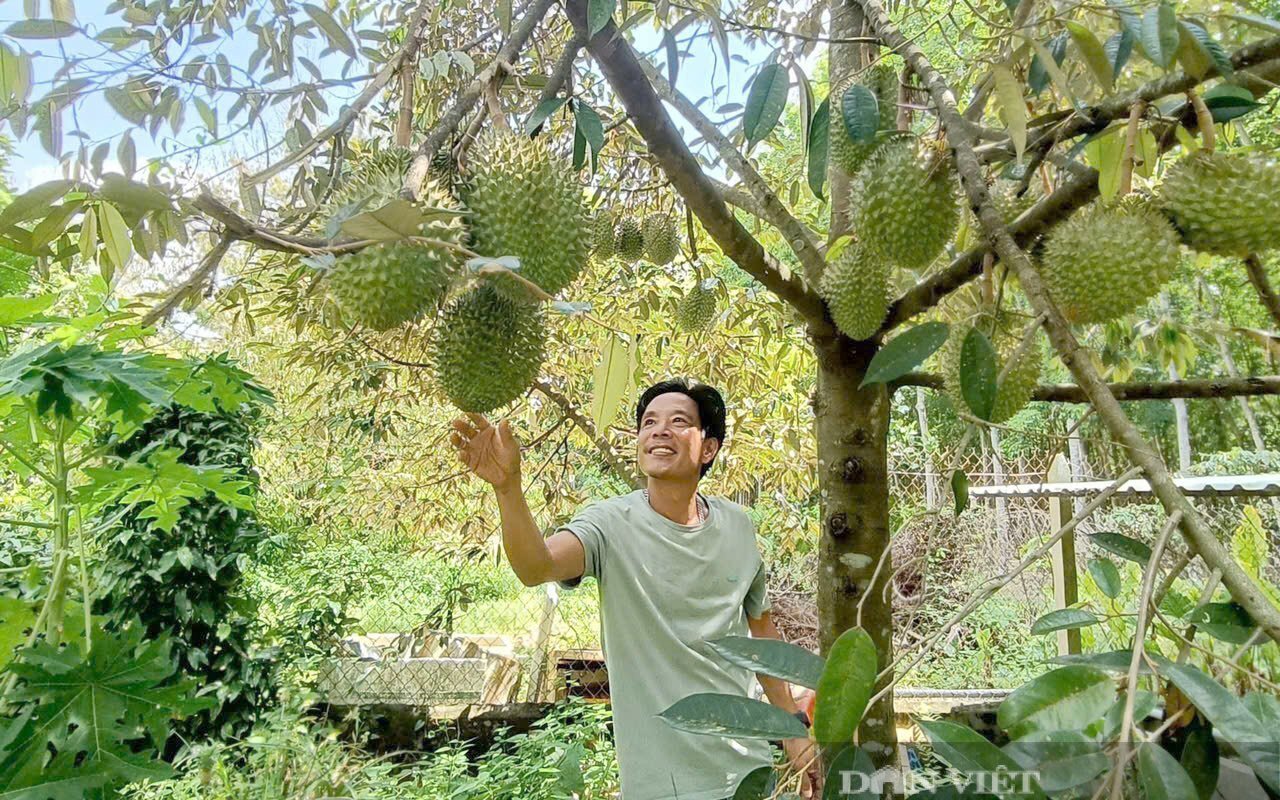
Farmers in the Mekong Delta are increasingly innovating their thinking, applying science and technology to production, and improving economic efficiency. Photo: Thanh Bach.
In Vinh Long, Mr. Le Hoang Phuc in Tan Phu commune is one of the pioneers in producing safe durian using high technology. With 2 hectares of garden, he actively uses drip irrigation, organic fertilizer, and monitors pests and diseases via phone application. Each year, the durian garden yields an average of 15 tons, with an income after deducting expenses of about 1 billion VND.
Not only enriching his family, Mr. Phuc also actively shares his experiences and provides technical guidance to members of the Durian Cooperative, contributing to replicating effective models in the locality.
In Tay Ninh, Mr. Truong Cong Tao in Tan Long commune is known as a "barefoot billionaire" with about 130 hectares of agricultural land. Of which, more than 80 hectares are used to grow sticky rice, earning over 10 billion VND per year.
After decades of difficult and arduous journey of reclaiming and improving agricultural land, now all of Mr. Tao's production stages are mechanized, such as using laser beams to level the fields, using cluster seeders, rice transplanters, drones to spray fertilizer and pesticides, cutting rice with a combine harvester, transporting rice with vehicles...
Advanced typical examples such as Mr. Nhieu, Mr. Phuc, Mr. Tao are reflecting the general trend of farmers in the Mekong Delta region who are increasingly proactive in converting crops and livestock, applying technology and ecological agricultural production. This is an important foundation for sustainable development of agriculture in the Southwest region in the context of increasingly severe climate change.
Linking for sustainable development
Practice in the Mekong Delta shows that linking production and product consumption is the key to helping farmers escape passivity and reduce market risks. Many localities have promoted the formation of agricultural value chains, connecting farmers - cooperatives - businesses, ensuring stable output and increasing product value.
In Tay Ninh, Long Chu commune currently has 3 agricultural cooperatives, 2 crop farms and 7 livestock farms applying VietGAP, VietGAHP and biotechnology processes. The application of advanced techniques helps to control diseases, ensure food safety and reduce emissions. Similarly, Hao Duoc commune has 4 cooperatives and 2 agricultural cooperative groups that are closely linked with enterprises in the production and consumption of agricultural products, helping farmers have stable profits.
Deputy Director of the Department of Agriculture and Environment of Tay Ninh, Truong Tan Dat, said that the province currently has many active production and consumption chains for agricultural products. In cultivation, there are production chains for rice, fruit trees, and corn; in livestock, there are cattle breeding chains; in aquaculture, there are freshwater aquaculture chains. These chains have been operating effectively in recent times, contributing to stable product consumption for farmers.
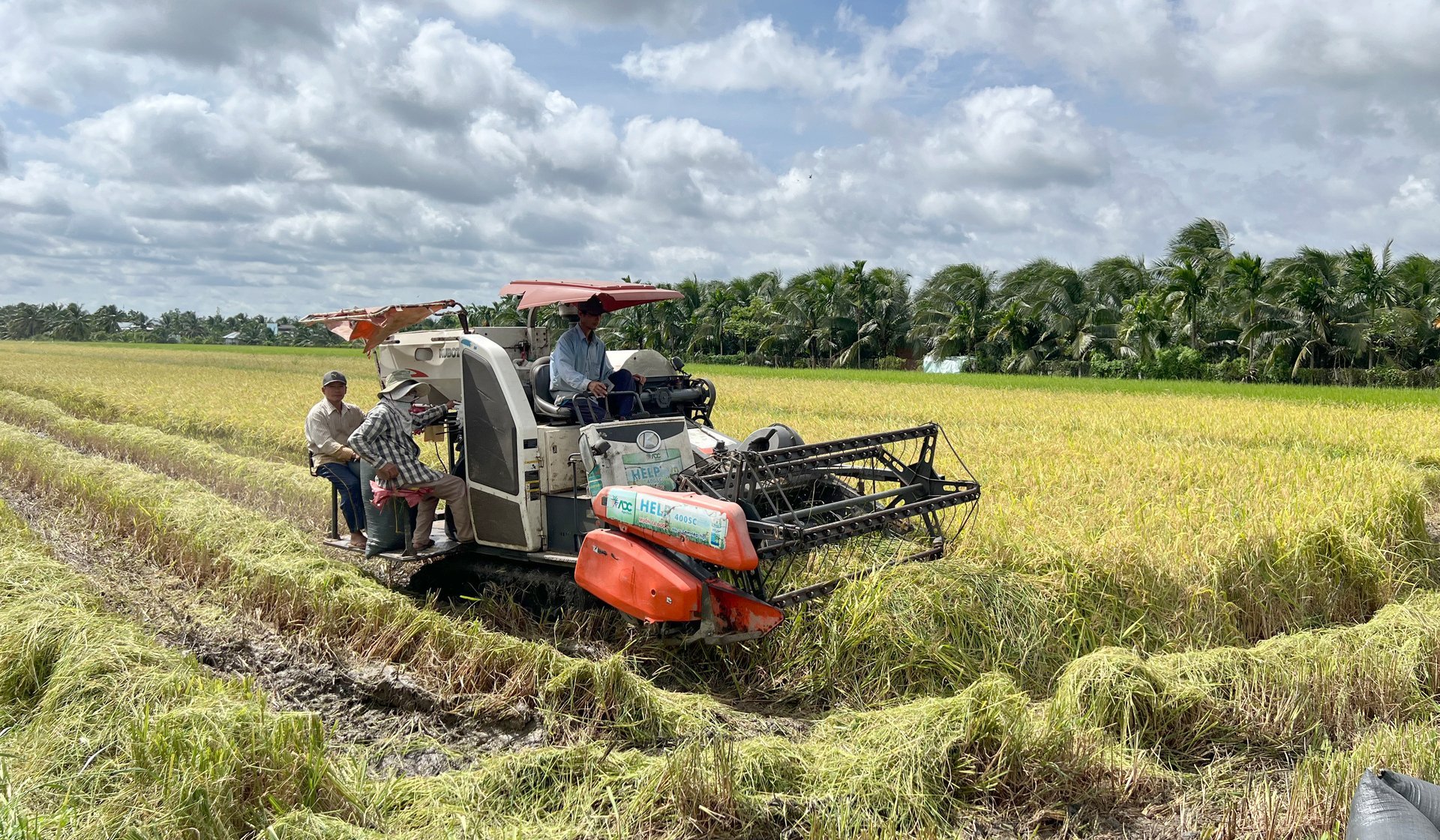
Farmers in the Mekong Delta are rising up with new production thinking, creating sustainable agricultural value. Photo: Thanh Bach.
For Dong Thap, agriculture is still the key economic sector. With strengths in products such as rice, mango, dragon fruit, tra fish, ornamental flowers and many valuable fruit trees, the province can completely become a center for green, high-quality agricultural production for domestic and foreign markets.
According to Mr. Le Ha Luan, Director of the Department of Agriculture and Environment of Dong Thap, the province has identified five strategic orientations for the period 2025 - 2030, in which technology is the pillar for agricultural and environmental development in the new era. In the immediate future, the focus will be on developing specialized commodity growing areas, applying high technology, smart agriculture and low emissions, while promoting product consumption linkages.
Meanwhile, in Vinh Long, implementing the Project on Sustainable Development of 1 million hectares of high-quality and low-emission rice cultivation, the province has so far implemented a pilot model in 2 agricultural cooperatives and expanded it to 6 key rice-producing communes. Thereby, local people have gradually raised awareness, transformed farming methods from traditional to sustainable, towards reducing emissions, increasing income and protecting the environment.
Talking about this model, Mr. Lam Van Tan, Director of the Department of Agriculture and Environment of Vinh Long province, said that enterprises and cooperatives are increasingly actively participating in the production value chain. This is a bright spot in the implementation of the Project. The linkage model between enterprises - cooperatives - farmers is gradually being formed, creating an important premise for sustainable rice production.
“In the coming time , Dong Thap will focus on implementing strategic directions to improve production efficiency, protect resources and the environment. The focus is on restructuring agriculture towards ecology, low emissions, high technology application and comprehensive digital transformation,” Mr. Tan shared.
The Mekong Delta is entering a new phase of development with many intertwined opportunities and challenges. The advanced examples of farmers here not only demonstrate the spirit of creativity and determination to rise up, but also serve as a driving force to spread the spirit of innovation, affirming the central role of farmers in green, modern and sustainable agriculture.
On the occasion of the 80th anniversary of Agriculture and Environment Day and the 1st Patriotic Emulation Congress, the Ministry of Agriculture and Environment will organize a series of events from July to December 2025. The focus will be on the 80th anniversary of the Agriculture and Environment sector and the 1st Patriotic Emulation Congress, held on the morning of November 12, 2025 at the National Convention Center (Hanoi) with more than 1,200 delegates attending. Agriculture and Environment Newspaper will broadcast this event live.
Source: https://nongnghiepmoitruong.vn/nong-dan-dbscl-doi-moi-lam-giau-tu-mo-hinh-nong-nghiep-xanh-d783065.html



![[Photo] Prime Minister Pham Minh Chinh chairs a meeting on housing policy and the real estate market.](https://vphoto.vietnam.vn/thumb/1200x675/vietnam/resource/IMAGE/2025/11/11/1762838719858_dsc-2107-jpg.webp)
![[Photo] Chu Noodles - the essence of rice and sunshine](https://vphoto.vietnam.vn/thumb/1200x675/vietnam/resource/IMAGE/2025/11/11/1762846220477_ndo_tl_7-jpg.webp)
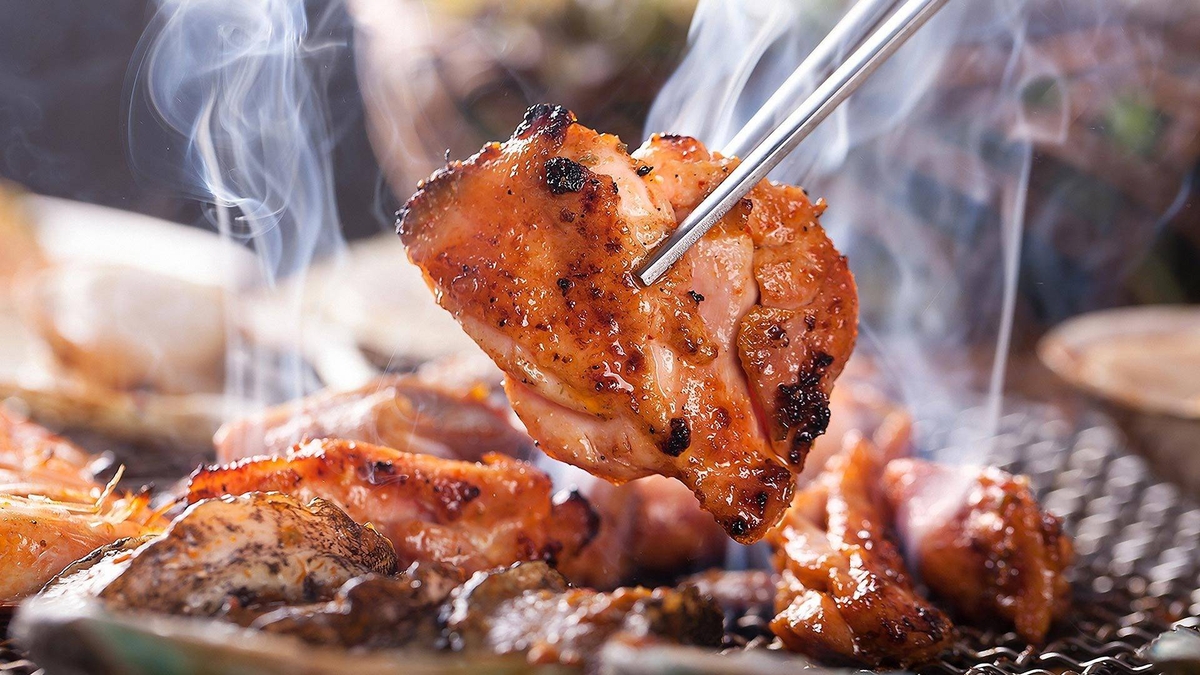
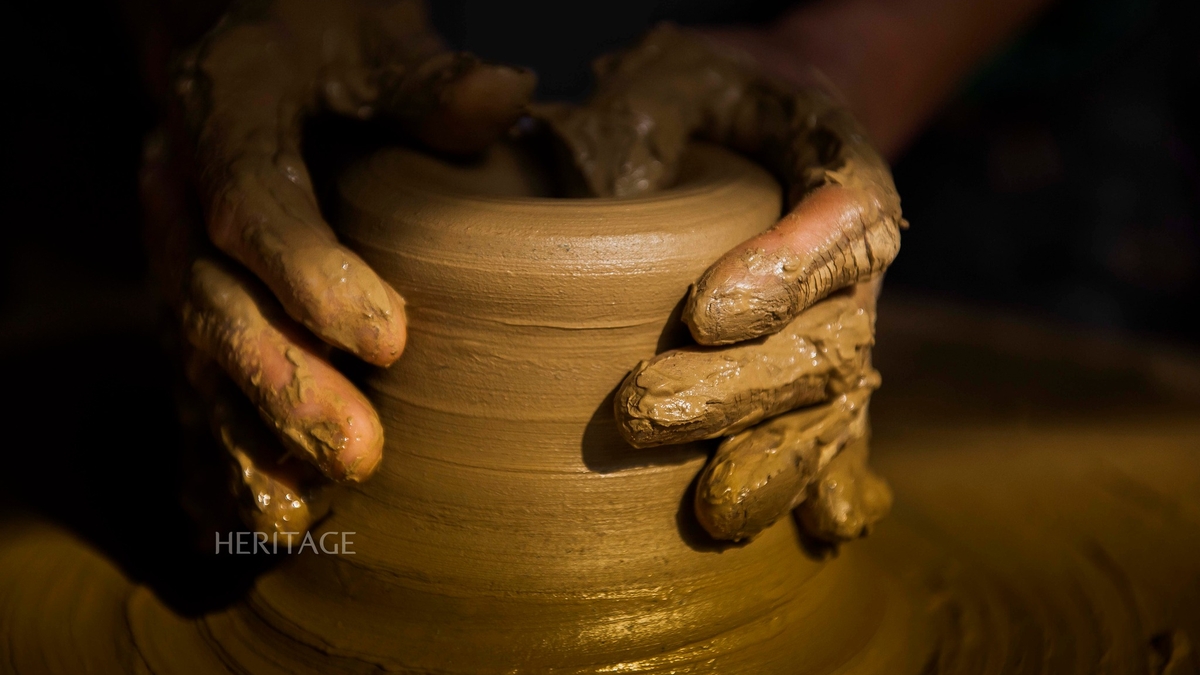


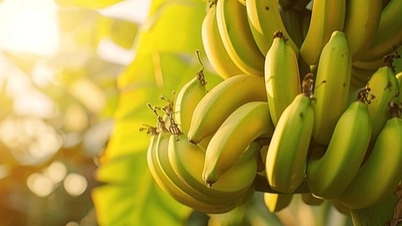



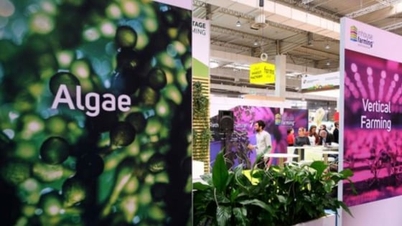



![Dong Nai OCOP transformation: [Article 4] Reaching national standard products](https://vphoto.vietnam.vn/thumb/402x226/vietnam/resource/IMAGE/2025/11/11/1762825820379_4702-cac-san-pham-trai-cay-chung-nhan-ocop-nongnghiep-174649.jpeg)

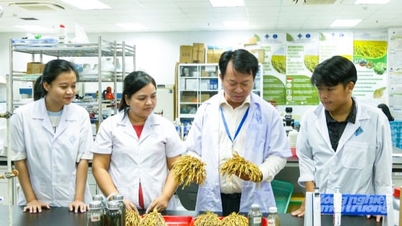


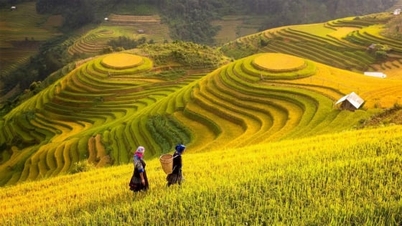





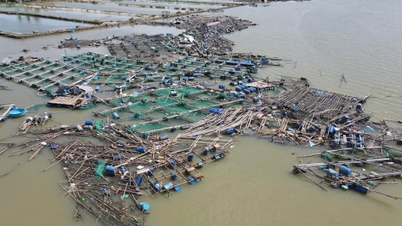
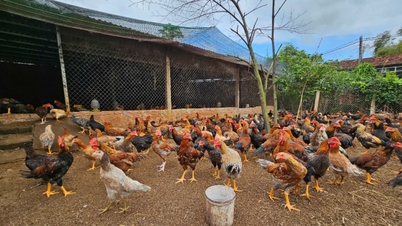

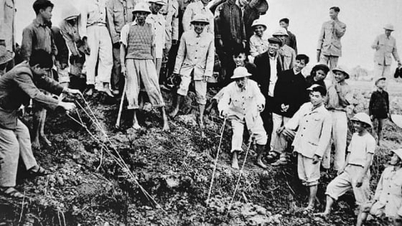




































































![Dong Nai OCOP transition: [Article 3] Linking tourism with OCOP product consumption](https://vphoto.vietnam.vn/thumb/402x226/vietnam/resource/IMAGE/2025/11/10/1762739199309_1324-2740-7_n-162543_981.jpeg)


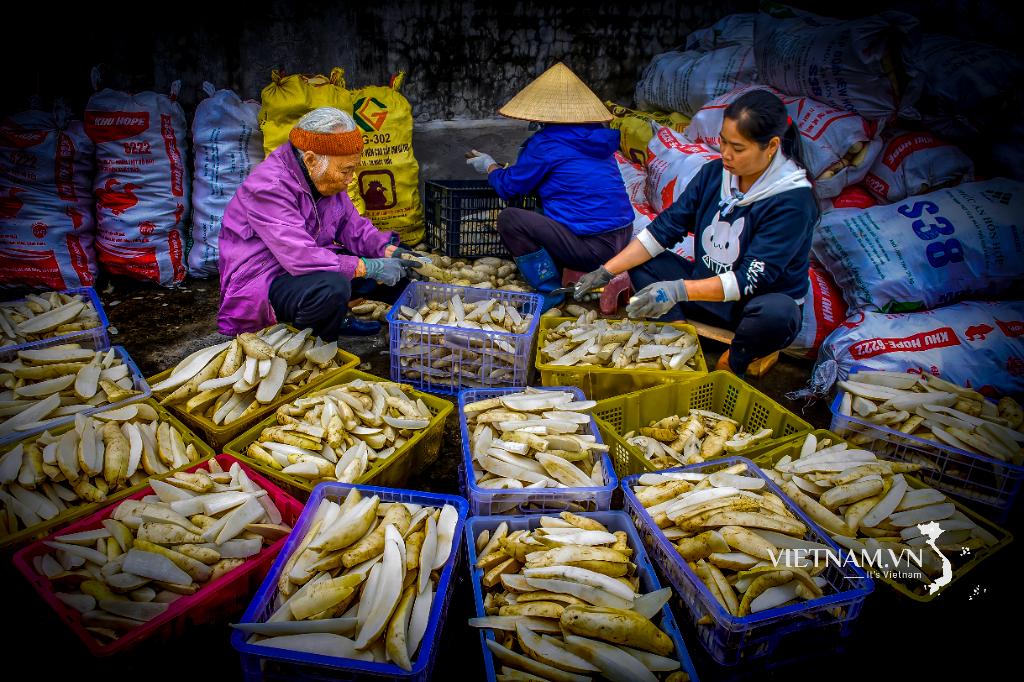

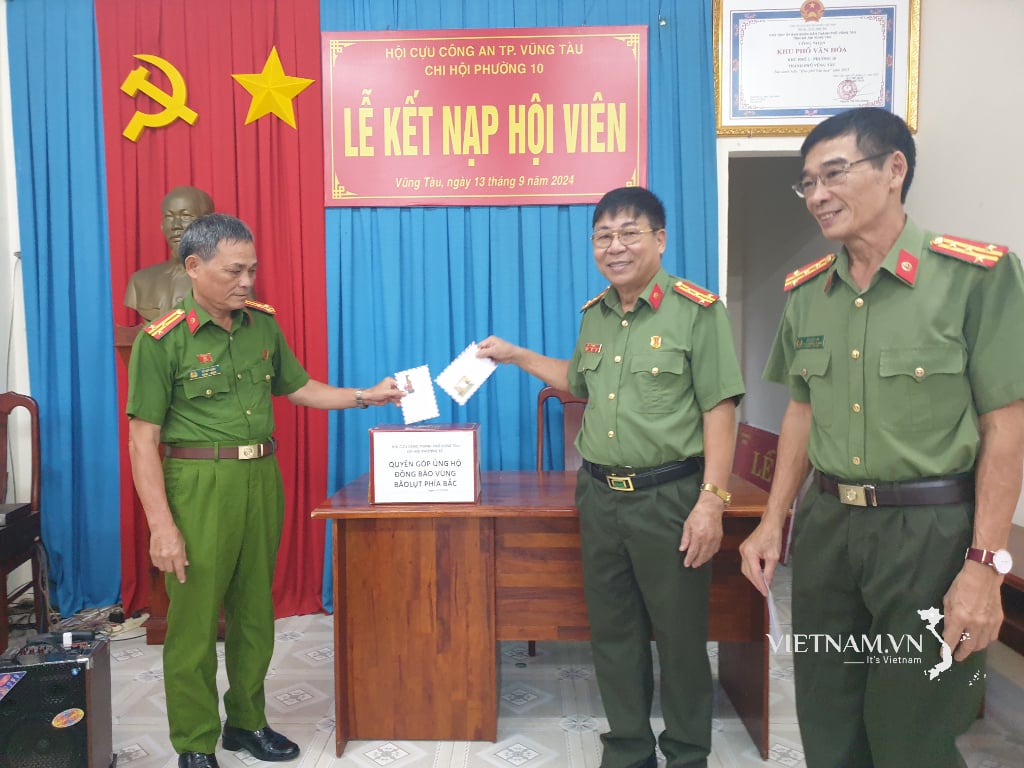

Comment (0)